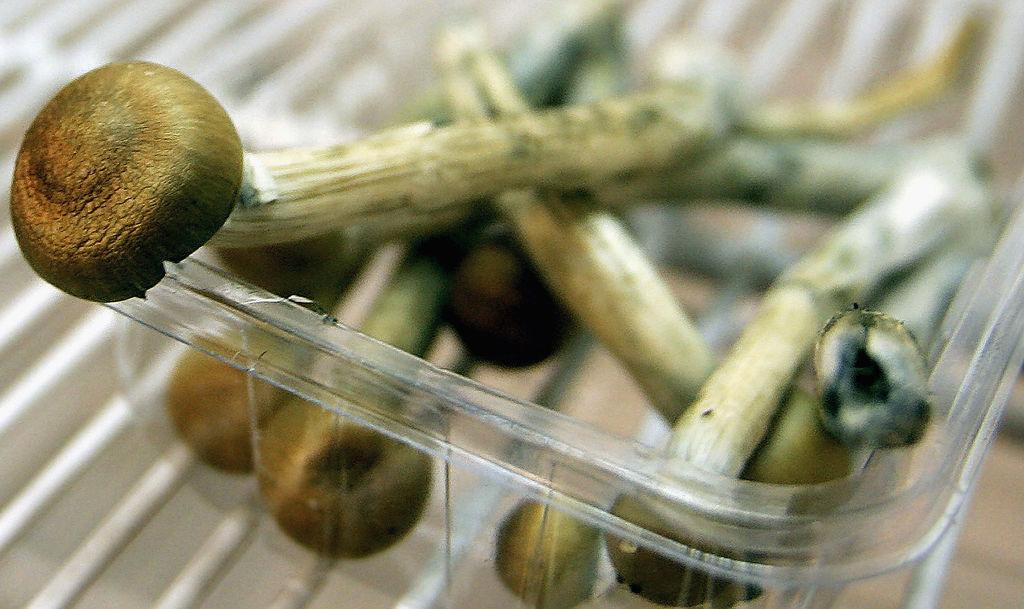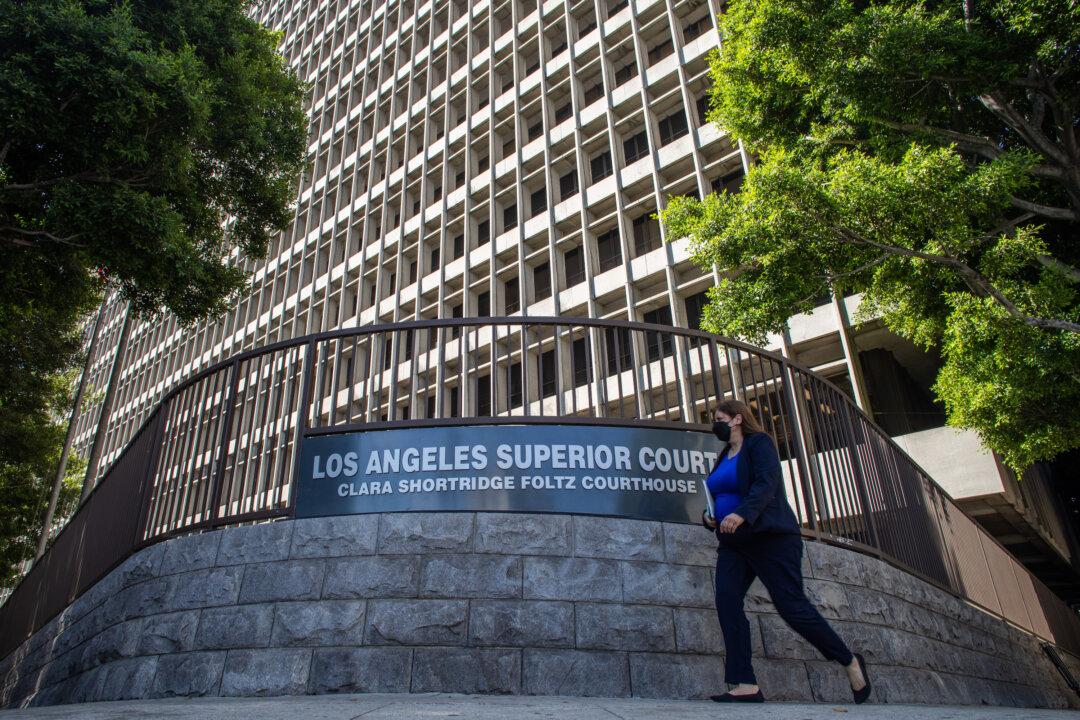California Gov. Gavin Newsom Oct. 7 vetoed a state bill seeking to legalize some naturally occurring psychedelics after it passed the Legislature last month.
Senate Bill 58, proposed by Sen. Scott Wiener (D-San Francisco), would allow people 21 or older to possess, transport, or plant a certain amount of psychedelic substances—such as psilocybin, or “magic mushrooms”—for personal use starting Jan. 1, 2025. The bill passed on the Assembly floor 43–15 and the Senate floor 21–14 in early September.




